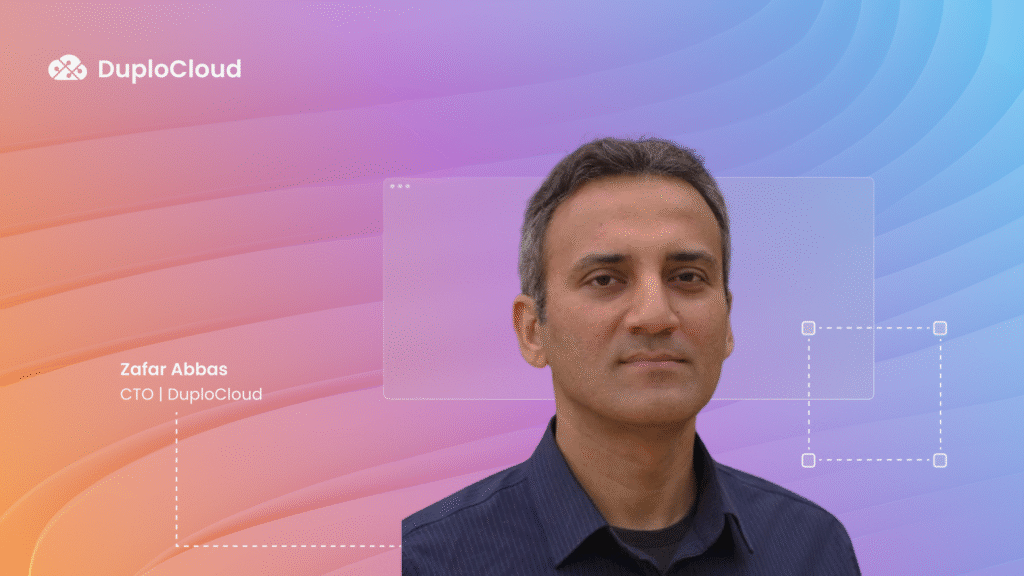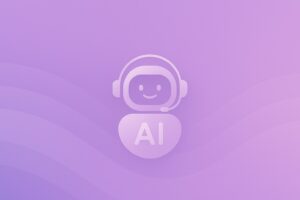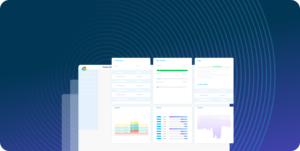We’re watching a new gold rush unfold in tech, driven by AI right now:
- Agents are the new APIs.
- Prompts are the new code.
- A reimagining of almost every function through the lens of artificial intelligence. This runs from writing emails to writing code.
No surprise—these changes are stirring tension. AI tools are letting newcomers challenge even the most experienced engineers.
And in many areas, the AI is doing amazing.
We’ve got Copilots embedded into IDEs and LLMs producing working prototypes in seconds. The software creation process has been radically accelerated. This shift is real – and it’s here to stay.
But I’m sitting here as an engineer and a cloud infrastructure operator to tell you one thing: AI cannot replace change management.
Change Management: The Last Mile AI Still Can’t Cross
In software engineering, change isn’t just writing code.
It’s safe to apply that code to production systems.
And it’s managing risk in environments. Why? Because they power real businesses, real customers, and real consequences.
This is the domain of the Software Development Life Cycle (SDLC), which includes two fundamentally different types of tasks:
| Phase | Function | Sensitivity |
| Design | Change Generation | Low |
| Development | Change Generation | Low → Moderate |
| Testing | Change Application | Moderate |
| Staging | Change Application | High |
| Production | Change Application | Critical |
The first half is where AI shines. This is design and development.
- The tasks here are creative, iterative, and sandboxed. Mistakes are cheap, and learning is fast.
The second half is where the stakes become real. This is testing through to production.
- Mistakes here can mean outages, broken customer experiences, or compliance violations. These stages require discipline, governance, and context.
It is in this second half that today’s AI simply doesn’t have the judgment or accountability necessary to get the job done right.
Why AI Can’t Disrupt Change Application (Yet)
Let’s be clear: AI is transforming change generation. It’s making developers faster and more exploratory. We can even automate entire components of frontend/backend code.
But changing applications is not the same. Here, we have to make decisions like:
- When and how to push changes to production?
- Who can authorize changes in a shared environment?
- How to interpret logs, performance regressions, or security signals?
- Should we roll back a deployment or push forward?
These decisions are rarely isolated. They require human intervention to understand:
- Environmental context (What else is running? What’s the blast radius?)
- Access controls (Who has permission to make this change?)
- Layered configurations (Are there interdependencies across services?)
- Business priorities (Is this release tied to a launch, customer commitment, or audit?)
Even simple steps like scheduling a maintenance window or validating a rollback plan need human judgment.
This is why I will say over and over that AI in DevOps isn’t about replacement. It’s about augmentation.
What We’re Building at DuploCloud
At DuploCloud, we’re not trying to hand over the keys to AI. We’re building AI teammates for the change application. We’re creating agents that operate with real-time infrastructure awareness, human-in-the-loop approvals, and strict guardrails.
Our AI Help Desk isn’t some chatbot or scripting engine. It’s a DevOps execution layer powered by AI. But, perhaps most importantly, it’s governed by operator intent.
The outline of this concept is simple. Here are the steps:
- Instead of manually writing Terraform or shell scripts,
- A DevOps engineer can describe the task in plain English,
- And our AI agent, armed with cloud environment context, executes the change safely,
- While requiring approvals, capturing logs, and respecting all compliance and access policies.
This isn’t speculative. It’s shipping today.
We’re proving that the future of AI in DevOps isn’t a “fire-and-forget” autopilot. It’s collaborative execution with trust, transparency, and repeatability built in.
Final Thoughts
AI will absolutely continue to evolve and support DevOps workflows. It will help with everything from issue detection to remediation suggestions.But when it comes to pushing changes to production, that’s sacred ground.
And sacred territory requires care.
If you’re a DevOps leader evaluating AI tooling, the question isn’t “can this replace me?” It’s:
“Does this tool understand what’s at stake when real systems are on the line?”
At DuploCloud, we believe the answer must always be yes.
—
Want to learn more about how DuploCloud is building trustworthy AI for cloud operations? Read more about our AI Help Desk here.



